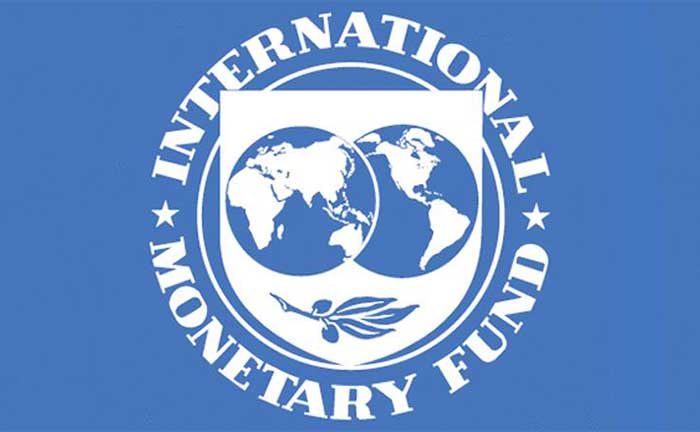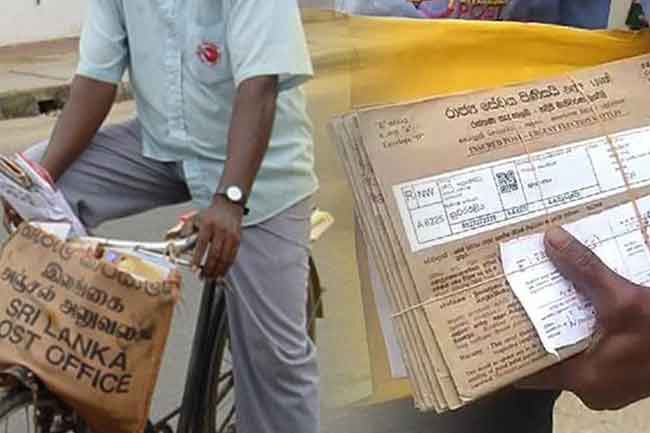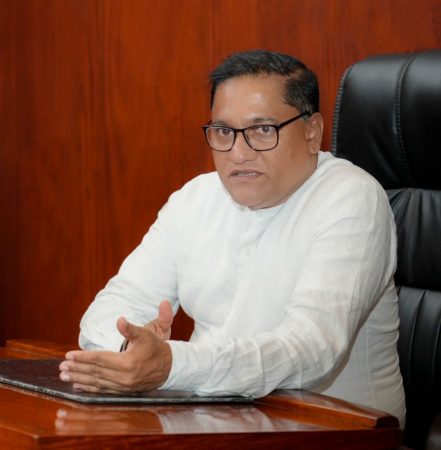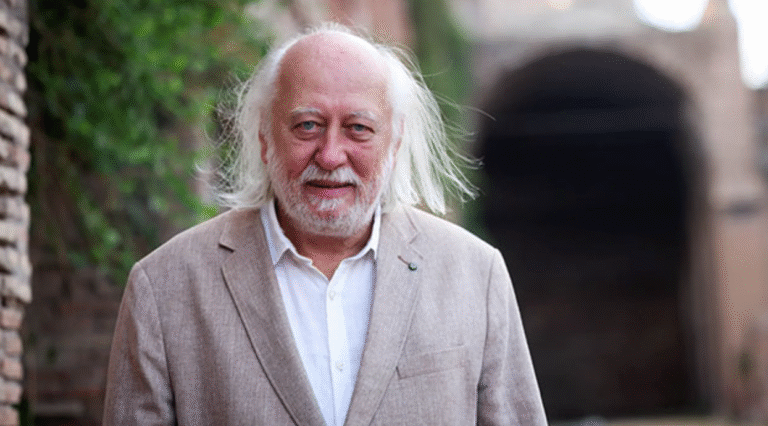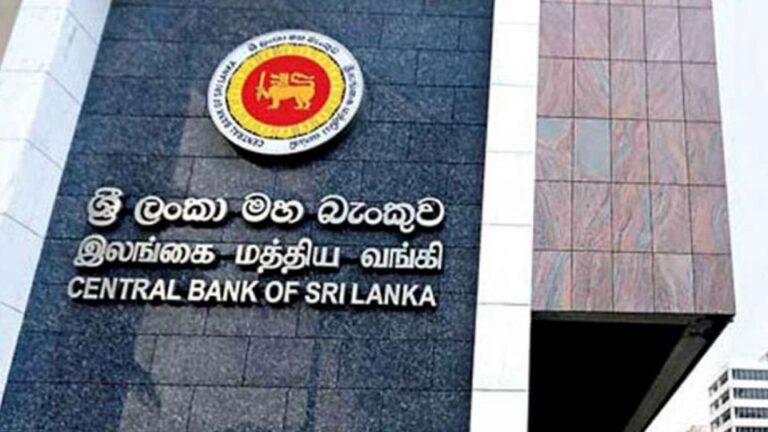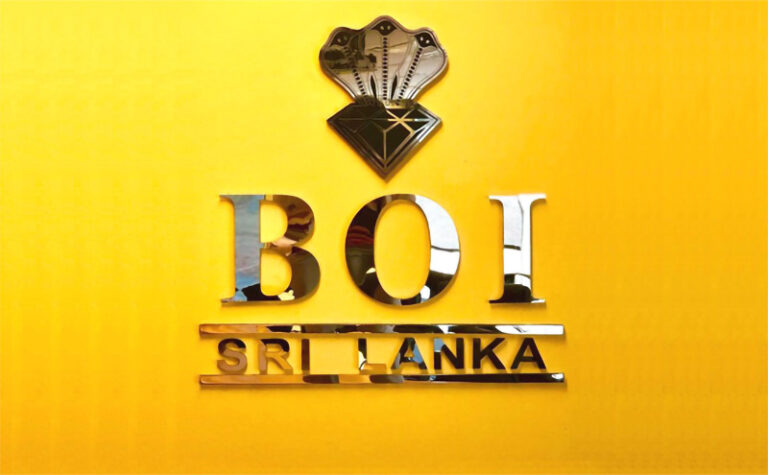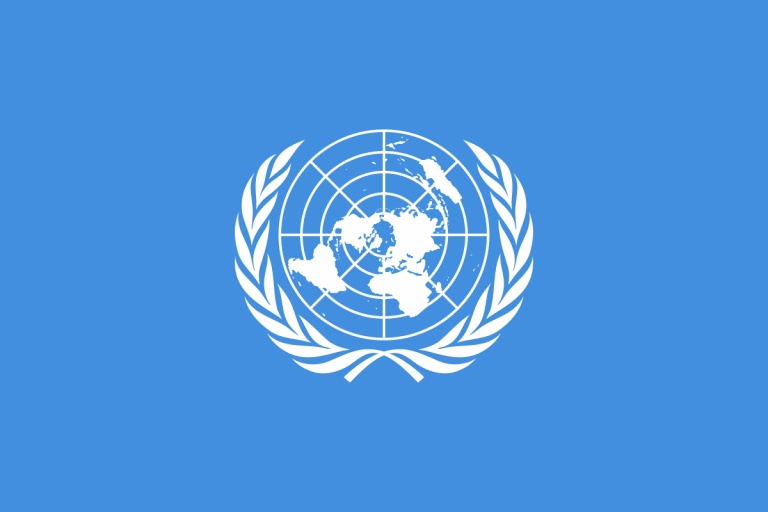The International Monetary Fund (IMF) and Sri Lankan authorities have reached a staff-level agreement on economic policies to conclude the Fifth Review of the country’s reform program under the IMF’s Extended Fund Facility (EFF). Upon approval by the IMF Executive Board, Sri Lanka will gain access to approximately US$347 million in financing, adding to the total support already received under the program.
The IMF acknowledged that the reforms implemented by Sri Lanka have continued to support economic recovery. Inflation is returning to target levels, foreign reserves are accumulating, real GDP growth remains strong, and revenue mobilization has outperformed expectations, the Fund noted. Advancing these reforms is considered essential for maintaining macroeconomic stability, sustaining recovery, and strengthening resilience to external shocks amid global uncertainties.
An IMF mission, led by Evan Papageorgiou, visited Sri Lanka from September 24 to October 9, 2025, to review recent macroeconomic developments and assess progress in implementing economic and financial policies under the EFF arrangement. The mission engaged with key officials, including President Anura Kumara Dissanayake, Prime Minister Dr. Harini Amarasuriya, Finance Minister, Central Bank Governor Dr. P. Nandalal Weerasinghe, and other senior government and private sector representatives. Meetings also included civil society organizations, parliamentarians, and development partners.
Mission Chief Papageorgiou highlighted that the EFF arrangement, approved by the IMF Executive Board in March 2023 for SDR 2.3 billion (about US$3 billion), continues to produce positive outcomes. The staff-level agreement now awaits formal Board approval, contingent on Parliamentary approval of the 2026 Appropriation Bill and the completion of the financing assurances review to confirm multilateral partners’ contributions and assess progress on debt restructuring.
According to the IMF, Sri Lanka’s economy grew by 4.8% year-on-year in the first half of 2025, with inflation stabilizing at 1.5% in September. Gross official reserves reached US$6.1 billion by end-September 2025, while strong fiscal performance has been supported by revenue from motor vehicle imports. Debt restructuring is nearing completion, and the IMF emphasized the importance of continuing reforms to safeguard fiscal and macroeconomic stability.
The Fund underlined the need for continued efforts in several areas, including strengthening tax compliance, broadening the tax base, enhancing public financial management, maintaining cost-recovery energy pricing, and improving governance of state-owned enterprises (SOEs). Protecting vulnerable populations through targeted welfare programs and finalizing bilateral debt agreements are also considered critical for restoring debt sustainability and boosting investor confidence.
Monetary policy must remain data-driven, with central bank independence protected, and external buffers rebuilt through reserve accumulation. The IMF further stressed the importance of governance reforms, anti-corruption measures, digitalization of revenue administration, and strengthening public procurement to enhance transparency and support sustainable growth.
Papageorgiou concluded by thanking Sri Lankan authorities for their collaboration during the mission, including visits to the Central and Uva provinces, reaffirming the IMF’s commitment to supporting the country in achieving strong and sustainable economic growth.

